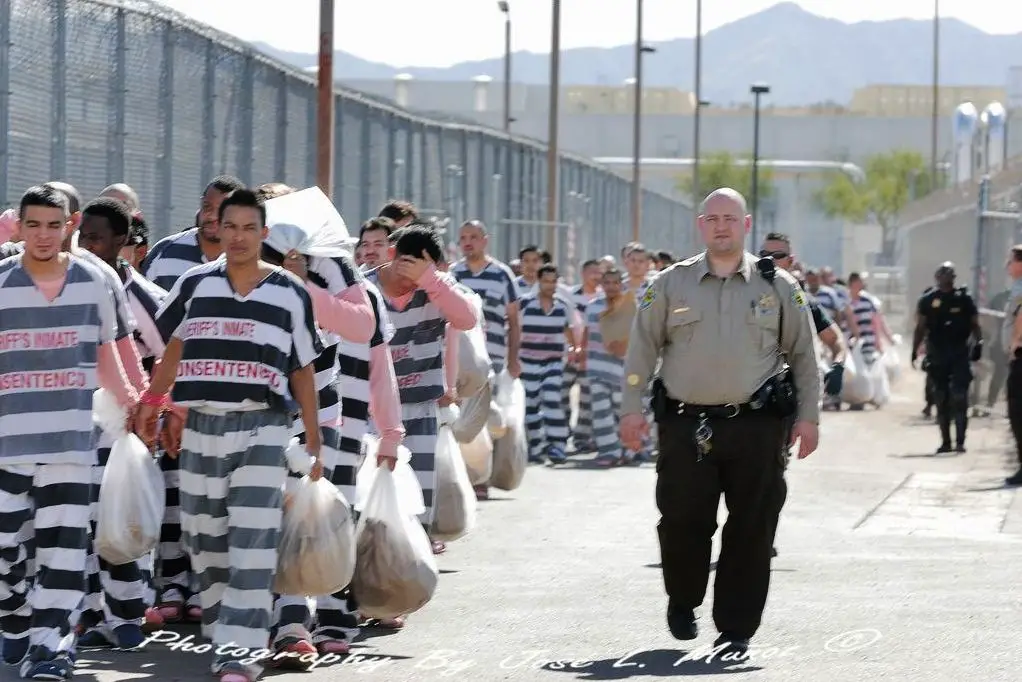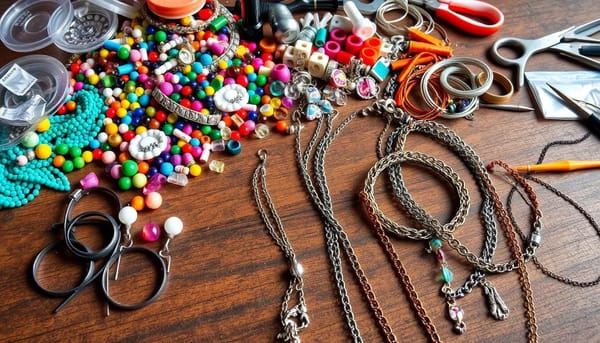This Inmate Communication Service Keeps Families Together

When Frederick Hutson was sentenced to four years in prison, it could have been a dead end for his entrepreneurial spirit. Instead, he used the time to lay the groundwork for Pigeon.ly, a service used to bridge the communication gap between inmates and their families nationwide.
Talking on the phone. Sharing pictures. Sending letters, postcards, and holiday greetings to our loved ones. All seemingly-omnipresent fixtures that are never more than a screen-swipe away for a lot of us, but for 24-year-old Frederick Hutson and his fellow inmates, the ability to remain connected to the people that mattered most was an increasingly-rare and expensive luxury.
It was 2007, and the prison communication services were lacking, to say the least. Internet was (and, in many cases, remains) unavailable, and most long-distance calls were expensive and poor in quality.
Those behind prison walls live in a state of technological stasis; however, the outside world shows no signs of slowing its development speed. Relatives and friends lead increasingly digitized lives and don’t often have the time to sit down, put pen to paper, and print photographs to send via snail mail. A decade later, there still exists an obvious disconnect in the connections of the incarcerated. Hutson hasn’t been quick to forget.
“It was a pain point I experienced first-hand,” he told Forbes in 2014. “I’m very close with my family, and I know they cared about me, but even with knowing how much they cared, they were still sometimes unable to send me photos.”
Ever since his teens, Hutson has been the type to see the business opportunity in every situation. This is the reason that, at just 19, he built a window-tinting business that he eventually turned around and sold for nearly $50,000.
This is also the reason that, five years later, he was busted for helping friends work out the kinks in their marijuana trafficking scheme, rerouting deliveries through his Florida business via FedEx, UPS, and DHL.
He was sentenced to 51 months, and, undaunted by the prospect of reduced future employability due to criminal stigma, spent the entire time creating a business plan, devouring any scrap of the Wired magazine or the Wall Street Journal he could get his hands on. After all, Hutson wasn’t after employment alone. He was going to build his own company.
“I was in jail for most of my 20s,” he said. “I wasn’t a part of a lot of things others get to be. But I’ve always been a highly, highly focused person.” After his sentence was complete, he based himself in a halfway house to settle back into life as a free man, and, just as importantly, to get to work. So began Pigeon.ly.
Pigeon.ly makes use of the latticework of state-level databases, simplifying the process of locating an inmate within the United States prison system. Hutson believes this is invaluable to family members, as he himself was uprooted eight times during his stay. “People get lost in the system all the time,” he says. “We have attorneys contacting us, trying to find their clients.”
After establishing contact, Hutson knew that creating easy, convenient means of contact between prisons and the world beyond was the next important step. His ideas were manifold, and even today, they continue to expand and multiply.
The first thing to tackle was the issue of phone calls. Many low-income prisoners often struggle to pay the standard $70 asked of them in exchange for 300 minutes of phone time with their parents, spouse, children or siblings.
So Pigeon.ly partnered with VOIP, a service that works with Skype, to create sub-brand Telepigeon, which generates a local number available to prisoners to contact family and friends with. The switch reduced the price of calls by 75 percent, and the goal is to keep that figure dropping even lower. Today, the company supports two million minutes worth of phone calls per month.
In addition to audio communication opportunities, Pigeon.ly also provides a photo-sharing technology, Fotopigeon, that far outstrips the print-and-post method the judicial system causes most families to abide by.
It cuts out the middleman, removing the need for a loved one to export photo files onto a USB stick, seek out a booth at a drug store, get hard copies of the image, and mail them out to the prison.
In a service modeled on the concept of Shutterfly, Pigeon.ly takes care of it; every week, 63,000 photographs are delivered in this way, allowing priceless moments to be shared with inmates who would otherwise miss out.
By 2013, Hutson and his co-founder, Alfonzo Brooks, had already picked up 2,000 customers by mailing information packs about their proposed service directly to prisons. The positive response was instantaneous.
But then came the question of legitimizing Pigeon.ly as a platform, creating something that wasn’t just a few scattered and simple services, but a company in its own right. It would take investment, and the concern that Hutson’s history would come back to haunt him was a pressing one.
So he directed his energies towards the open-minded and understanding. He trusted future investors to understand that his background informed him about the realities of the problems he was struggling to fix, and the payout was undeniable.
“A lot of times a thing that can be perceived as a weakness actually turns into the greatest strength, and for me, it was that,” he remembers. “It actually became the reason people invested – because I’d been there, and I know and understand this market better than anyone else.”
Prison, Hutson says, is a natural breeding ground for entrepreneurship. “Most of the other guys were selling drugs or involved in some kind of scam or did some kind of white-collared crime that was motivated by finances,” he recalls.
“So you really just got the business model wrong, you got the product wrong, the goal was wrong… But if you can apply that same drive and bottom line principles to something positive, you now have a viable business.”
“Pigeon.ly is a company that champions causes that everyone else in technology can’t be bothered with,” says Peter Vote, the senior manager of user experience at Pigeon.ly. “I really see that the stuff we do here makes such a difference in people’s lives.”
And one Pigeon.ly user, Rashida Tucker, whose partner Jamie is currently serving a 15-year drug sentence, can sum up that difference up in a nutshell. “If {Jamie} is feeling down, I’m sending him pictures. If my kids are feeling down, I bring out pictures and talk about moments. People use Facebook all the time; I use Pigeon.ly.”
Image courtesy of Google
Fyxes
Thoughts, stories and ideas.




